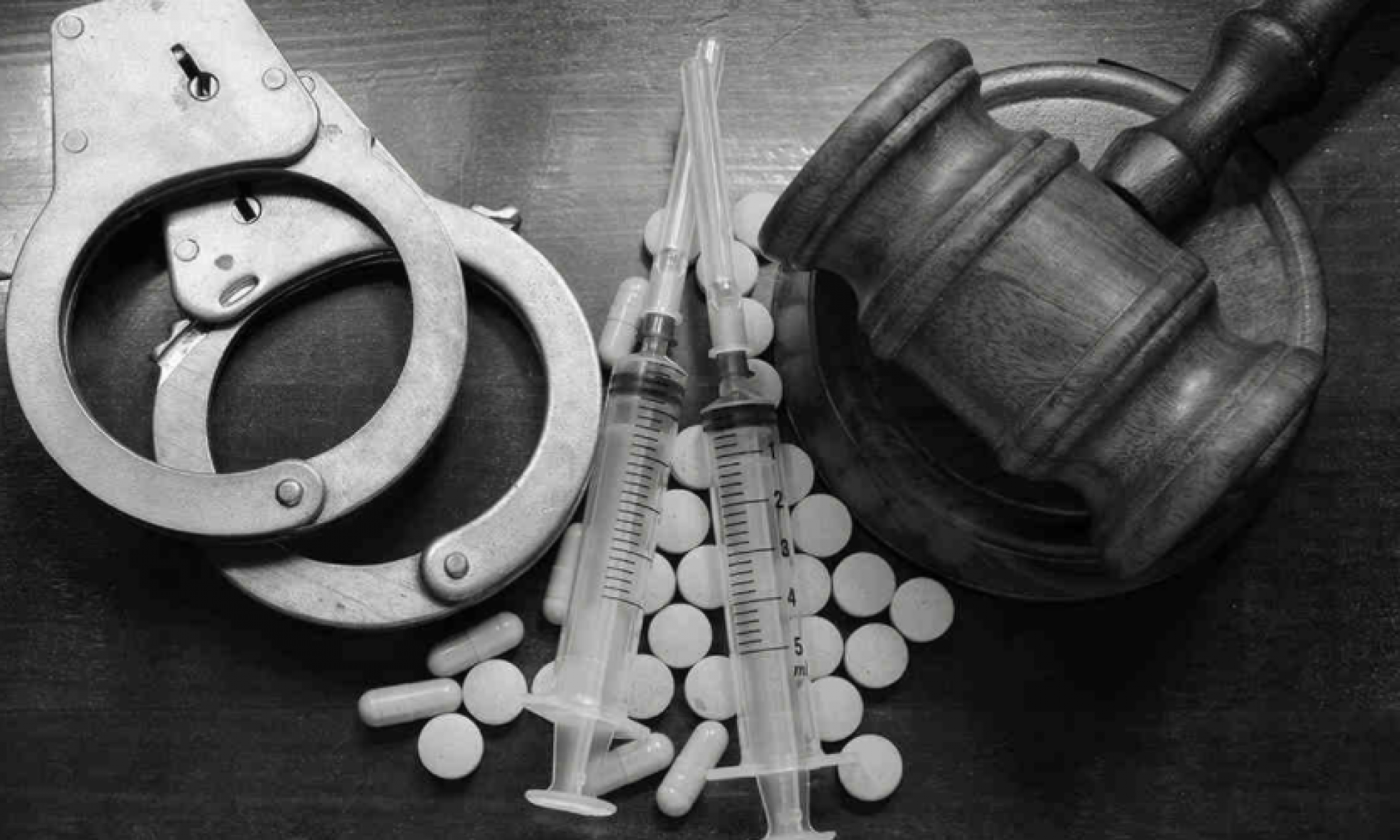What can we learn from two of the leading countries in drug decriminalization?
Portugal began implementing decriminalization policies in 2001 after a drastic rise of heroin users and HIV infected drug users in the 1990s. While the United States was still focusing on their “War on Drugs”, this policy change in Portugal was a impactful statement against the “War on Drugs”.
The United States declared a “war on drugs” in 1985 after a drastic increase in drug use in the 1960s. The War on Drugs is described as “the United States’ effort to reduce the sale and consumption of illegal drugs by increasing police surveillance and punishment of drug offenders” (Manza et al., Glossary).
Here are three examples of the drastic change Portugal has experienced in drug use since 2001:
1) “Evidence appears clear that… the decriminalisation model and the associated public health policies were followed by dramatic reductions in drug-related harms, and Portugal has experienced a perceived decline in drug use among some of the most vulnerable populations, including problematic users” (Eastwood et al., pg. 28).
2) “Increase in the number of drug-dependent individuals accessing treatment and has seen significant reductions in the transmission of HIV and tuberculosis” (Eastwood et al., pg. 29).
3) “Reduced drug incarcerations from about 14,000 per year in 2000 to an average of 5,000 to 5,500 per year” (Eastwood et al., pg. 30).

The Netherlands “drug evolution [started] with a revision to the Opium Act in 1976” (Soda, 2013).
Here are three lessons learned from the decriminalization in the Netherlands:
1) “Decriminalization doesn’t increase drug use” (Soda, 2013).
2) “You can successfully separate drug markets” (Soda, 2013).
a) While the United States uses Drug Scheduling (DEA, Drug Scheduling), the Netherlands have chosen to define drugs by “soft” and “hard” drugs. The Netherlands have proven that with a clear distinction between the two, there is “no causal link between cannabis and harder drugs” (Soda, 2013), therefore disproving the claim that decriminalizing “soft” drugs will open the “gateway” to harder, criminalized drugs.
3) “Commitment to public health-driven drug policy contributes to reduction of drug-related harm” (Soda, 2013).
a) Along with new policy implementation, the Netherlands has designed a educational and governmental system that provides information and access that has been utilized similarly to the system set up by Portugal.
